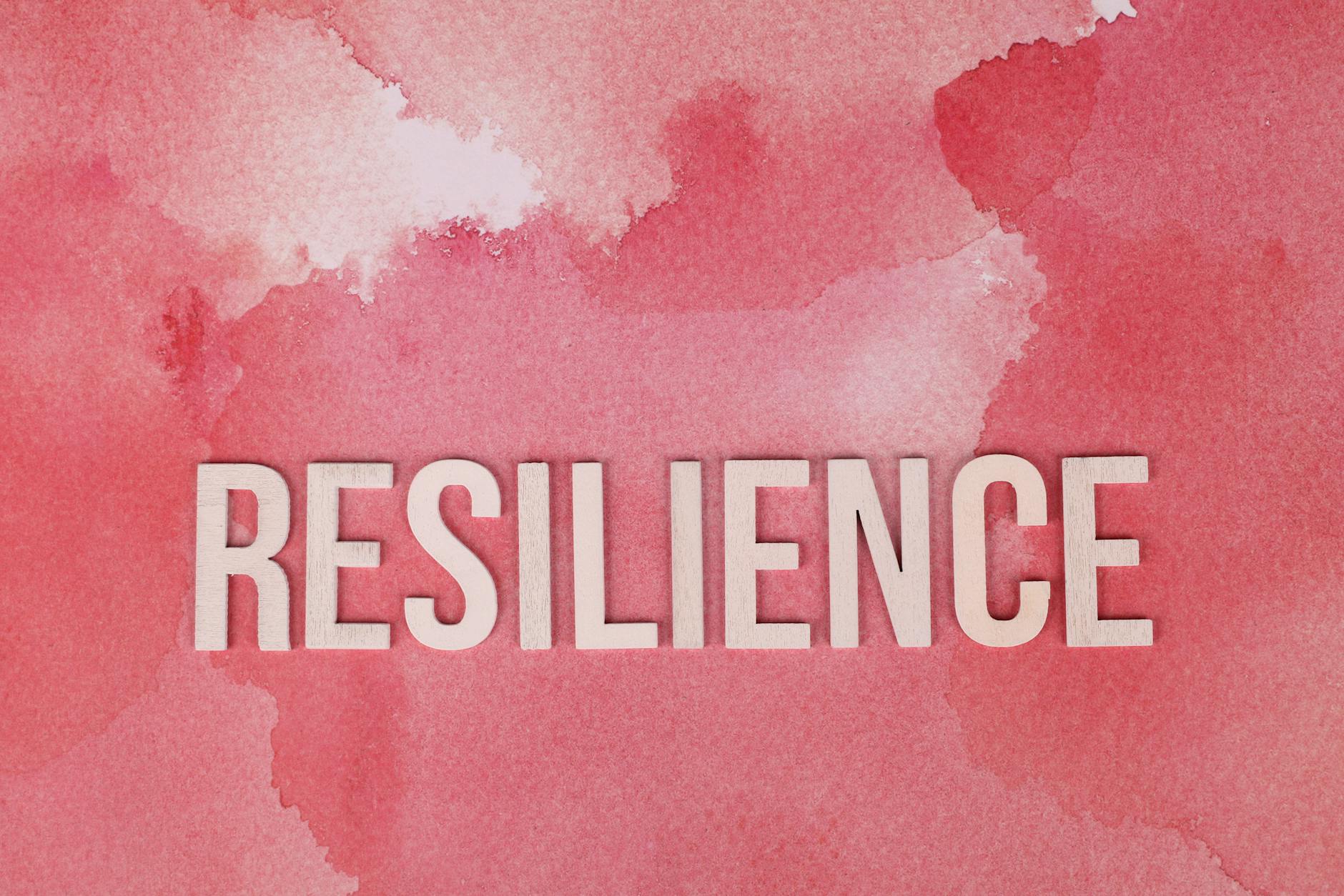The road to resilience is a journey that we all undertake at some point in our lives. It's about developing the inner strength to navigate through challenges and bounce back from adversity. In this blog post, we will explore the key components of resilience and how to cultivate it in our daily lives. From mindset shifts to practical strategies, we'll uncover the tools that can help you build resilience and thrive in the face of life's inevitable ups and downs.
Understanding Resilience
Resilience is the capacity to adapt and bounce back when facing adversity, trauma, stress, or significant sources of threat. It involves the ability to withstand and recover from difficult situations. The concept of resilience is not just about surviving, but also about learning and growing from challenges.
Definition of Resilience
Resilience can be defined as the psychological strength that enables individuals to cope with stress and hardship. It is the ability to remain flexible in the face of change, to stay strong and positive even in the most challenging circumstances. Resilience is about facing life's setbacks with a sense of fortitude and determination.

Photo by Nothing Ahead
The Importance of Resilience
Resilience is crucial for mental and emotional well-being. It empowers individuals to cope with difficulties, reducing the risk of developing mental health problems. Moreover, resilience fosters a positive outlook, enhances problem-solving abilities, and promotes emotional regulation, contributing to overall life satisfaction and fulfillment.
Factors Affecting Resilience
Several factors influence an individual's resilience, including strong social support, effective coping strategies, positive self-perception, and the ability to make realistic plans and take steps to carry them out. Additionally, having a sense of purpose, faith, or a meaning in life can significantly contribute to resilience in the face of adversity.

Photo by Ann H
Developing Resilience
Resilience is the ability to navigate through challenges, bounce back from adversity, and grow stronger from life's setbacks. Cultivating resilience involves several key aspects that contribute to inner strength and the ability to overcome obstacles.
Cultivating a Growth Mindset
Developing a growth mindset involves embracing challenges, persisting in the face of setbacks, seeing effort as a path to mastery, and learning from criticism. Embracing the belief that abilities and intelligence can be developed fosters resilience and a willingness to seek improvement.
Building Strong Connections and Relationships
Strong connections and relationships provide a support system during challenging times. The presence of a reliable network of friends, family, and colleagues can offer encouragement, advice, and assistance when facing adversity. These connections serve as a cornerstone in developing resilience.

Photo by Andreas Schnabl
Practicing Self-Care and Mindfulness
Self-care and mindfulness play a pivotal role in fostering resilience. Engaging in activities that promote physical and mental well-being, such as meditation, exercise, and adequate rest, equip individuals with the coping mechanisms necessary to navigate adversity and maintain emotional stability.
Setting Realistic Goals and Managing Stress
Setting realistic goals allows individuals to channel their efforts effectively and measure progress, providing a sense of accomplishment and motivation. Managing stress through techniques like time management, prioritization, and seeking support when needed is crucial for maintaining resilience in the face of challenges.
Strategies for Bouncing Back
Life's challenges are inevitable, but your ability to rebound from setbacks can be empowered through strategic approaches. The following strategies can help you build inner resilience and navigate through adversity.
Adapting to Change
Embracing change, rather than resisting it, can be a powerful tool for resilience. Just as a tree sways with the wind to avoid breaking, adapting to changing circumstances allows you to remain strong and flexible. Cultivate a mindset that views change as an opportunity for growth, rather than a threat.
Finding Meaning in Adversity
Seeking meaning in difficult times can provide a sense of purpose and motivation. Consider the lessons that adversity can teach, the strength it can reveal, and the empathy it can foster. Reflect on your values and how they can guide you through challenges, transforming hardships into catalysts for personal growth.

Photo by Brett Sayles
Seeking Support
Building a support network is essential for resilience. Surround yourself with individuals who offer empathy, encouragement, and practical help. Whether it's friends, family, or support groups, sharing your experiences with others can provide a sense of belonging and perspective.
Seeking Help
Recognizing when to seek professional help is a crucial aspect of resilience. Therapists, counselors, or mental health professionals can offer guidance and support during challenging times. Seeking help is not a sign of weakness, but rather a proactive step towards regaining strength and stability.

Photo by Kindel Media
Overcoming Obstacles
Identifying and Challenging Negative Thought Patterns
It's essential to recognize and challenge negative thought patterns when striving to build resilience. Our minds have a tendency to magnify problems, jump to conclusions, and anticipate the worst. By actively identifying these negative thought patterns, individuals can begin to reframe their thinking and develop a more balanced perspective. This can involve questioning the validity of negative thoughts, seeking evidence to support or refute them, and replacing them with more realistic and constructive alternatives.
Embracing Failure and Learning from Mistakes
Failure is an inevitable part of the journey towards resilience. Instead of avoiding or fearing failure, individuals can embrace it as an opportunity for growth and learning. Embracing failure involves reframing mistakes as valuable experiences, extracting lessons from them, and using those lessons to improve future approaches. By normalizing failure as a stepping stone to success, individuals can cultivate a mindset that is resilient in the face of setbacks.
Building Emotional Regulation and Coping Skills
Emotional regulation and coping skills play a pivotal role in resilience-building. These skills empower individuals to manage stress, navigate challenges, and maintain a sense of balance in the face of adversity. Techniques such as deep breathing, mindfulness meditation, and cognitive reframing can help individuals regulate their emotions and respond to difficulties in a more adaptive manner. Building a repertoire of effective coping mechanisms equips individuals with the resilience needed to endure and overcome obstacles.
Conclusion
In conclusion, building inner strength and resilience is a journey that requires commitment and effort. By cultivating a positive mindset, nurturing supportive relationships, and developing healthy coping strategies, individuals can enhance their ability to bounce back from adversity. Remember that resilience is not a fixed trait but rather a skill that can be developed and strengthened over time. Embracing the challenges and setbacks as opportunities for growth is key to mastering the road to resilience. Stay determined and keep moving forward, and you will find yourself better equipped to face life's inevitable ups and downs.








